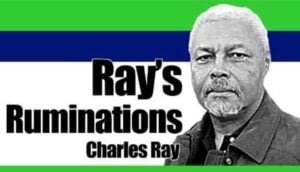
Republic Act No. 9439, enacted in April 2008, prohibits any hospital or medical clinic in the country to detain or to otherwise cause, directly or indirectly, the detention of patients who have fully or partially recovered or have been adequately attended to or who may have died, for reasons of nonpayment in part or in full of their hospital bills or medical expenses.
The law refers to the detention of both living and deceased patients.
Under the law, a living patient who is unable to pay, in part or in full, his/her medical expenses with any hospital or medical clinic, but who desires to be discharged, shall be granted the right to leave, provided that the following conditions are present:
- The living patient who desires to leave must have fully or partially recovered;
- The patient is not staying in a private room (private room-a single occupancy room or ward type room that can accommodate not more than 4 patients)
- The patient executed a promissory note secured by either a mortgage or by a guarantee of a co-maker;
In addition, the patient shall have the right to be issued a medical certificate and
other pertinent documents for, and upon, his/her release.
In the case of deceased patients, the surviving relatives of the deceased, who are unable to pay in part or in full the medical and hospital expenses of their deceased relative, shall be allowed to claim the cadaver and shall have to right to the release of the death certificate and other pertinent documents upon the execution of a guaranteed promissory note.
However, should the surviving relatives of the deceased refuse to execute a promissory note, they shall be allowed to claim the cadaver and only the death certificate of the deceased for purposes of interment only. All other documents shall be released only upon payment of the medical/hospital expenses or upon the execution of the prescribed promissory note.
Be aware though, that this law does not apply to living and deceased patients confined in private rooms.
Violation of this law is considered a crime, to which any officer or employee of the hospital or medical clinic who violates the same may be punished with both a fine and imprisonment.
This time of pandemic, Filipinos not only have to face loss or decrease of income. Now we have to face medical and hospital expenses that have risen to record proportions.
More than ever, people should be made aware of their rights under this law, both as patients and as surviving relatives of deceased persons, who are unable to pay for their own hospitals bills or that of their deceased loved ones. | NND




